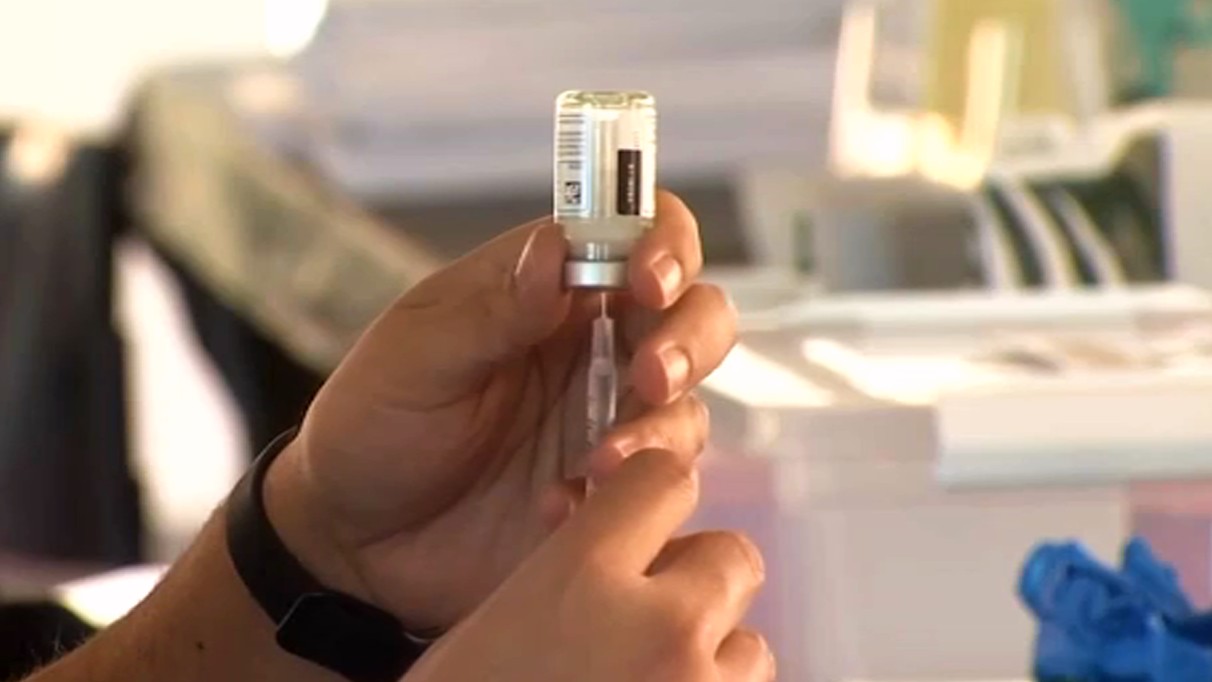A year ago, before California’s first COVID -19 diagnosis, we’d seen it’s impact globally, we knew what to expect: that lives would be lost, millions of people would be hospitalized and we’d be forced to stay home to prevent infection. But no one could anticipate the many ways scammers would seek to profit from the pandemic.
It’s happened with wildfires and other natural disasters -- scammers exploiting tragedies for profit -- but this pandemic has taken fraud to new levels.
"It’s extremely disheartening, right away from the jump we saw a lot of fraud reports," said Maricela Segura.
Get top local stories in Southern California delivered to you every morning. Sign up for NBC LA's News Headlines newsletter.
Segura is regional director of Los Angeles bureau of the Federal Trade Commission and in the last year.
"We’ve received over 370,000 fraud reports referencing COVID-19, stimulus scams and PPE scams," she said.
Segura’s office has filed lawsuits against real companies for advertising fake cures, treatments and COVID-19 testing kits, marketed to panicked consumers desperate to avoid a virus that was infecting people and claiming hundreds of lives daily.
"The online reports of those frauds went through the roof," Segura said.
Segura says the complaints also included phony online companies advertising reputable products, masks, hand sanitizer, disinfectant wipes, and literally nothing was off limits.
"There are a lot of folks working from home they’re wanting to adopt a dog and we saw online reports about these fake adoptions," Segura said.
"This pandemic has brought out the worst in a lot of people," said Nikki Pitts, senior analyst with the Business Consumer Alliance.
Every day people also began hoarding life essentials at grocery stores like toilet paper, cleaning supplies and even food, in some cases reselling items online at massively inflated prices.
"There are everyday people that jumped on the bandwagon and said, 'there’s a need for that -- let me go ahead and buy it up and make a profit for myself' when at the same time it’s killing their community," Pitts said.
Those communities include those where the lines at food banks are growing, as unemployment has ravaged the state.
The department charged with paying unemployment benefits, EDD, remains neck deep in one of the most expensive fraud scandals in history: billions in taxpayer dollars lost, leaving thousands of jobless Californians waiting weeks or months for the money they’re entitled too.
"It’s just critical right now to be able to stop those scams who are preying on people’s last dollars," Segura said.
Because Segura says this isn’t over. Scammers have their sights set on the nearly $2 trillion in relief just passed in congress.
She says there are already scams built around vaccinations, promising you’ll get your shot sooner, for a fee.
There are also imposter scams with fraudsters calling homes impersonating the IRS, social security and small business administration.
"If they ask you for your personal information, your financial information -- that’s a sure sign of a scam," Segura said.
Unfortunately, fraud is like a virus always morphing and mutating, and there is no cure.
"It doesn’t speak well for society that there are people that are willing to just basically forget their morals and willing to capitalize on something that’s so horrible right now," Pitts said.
The FTC says in addition to investigating fraud they are trying to arm people with all the information they can on trends and complaints by posting information online.




